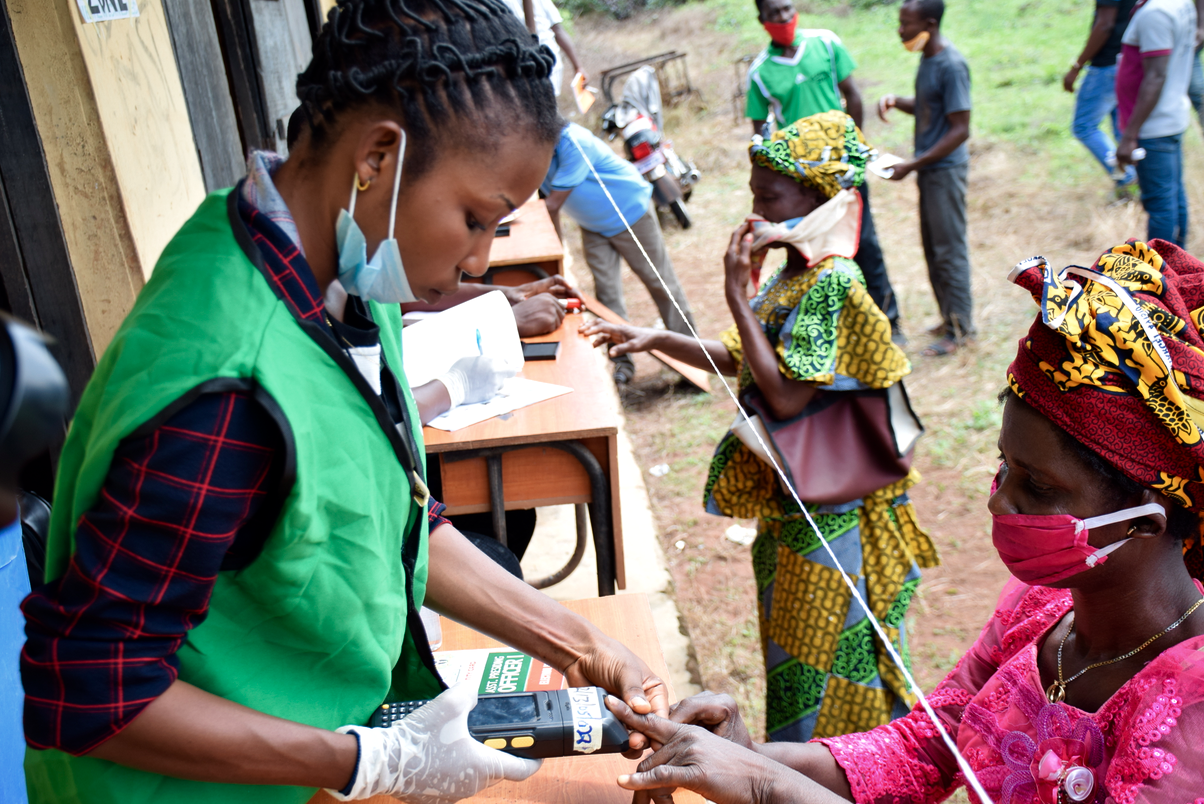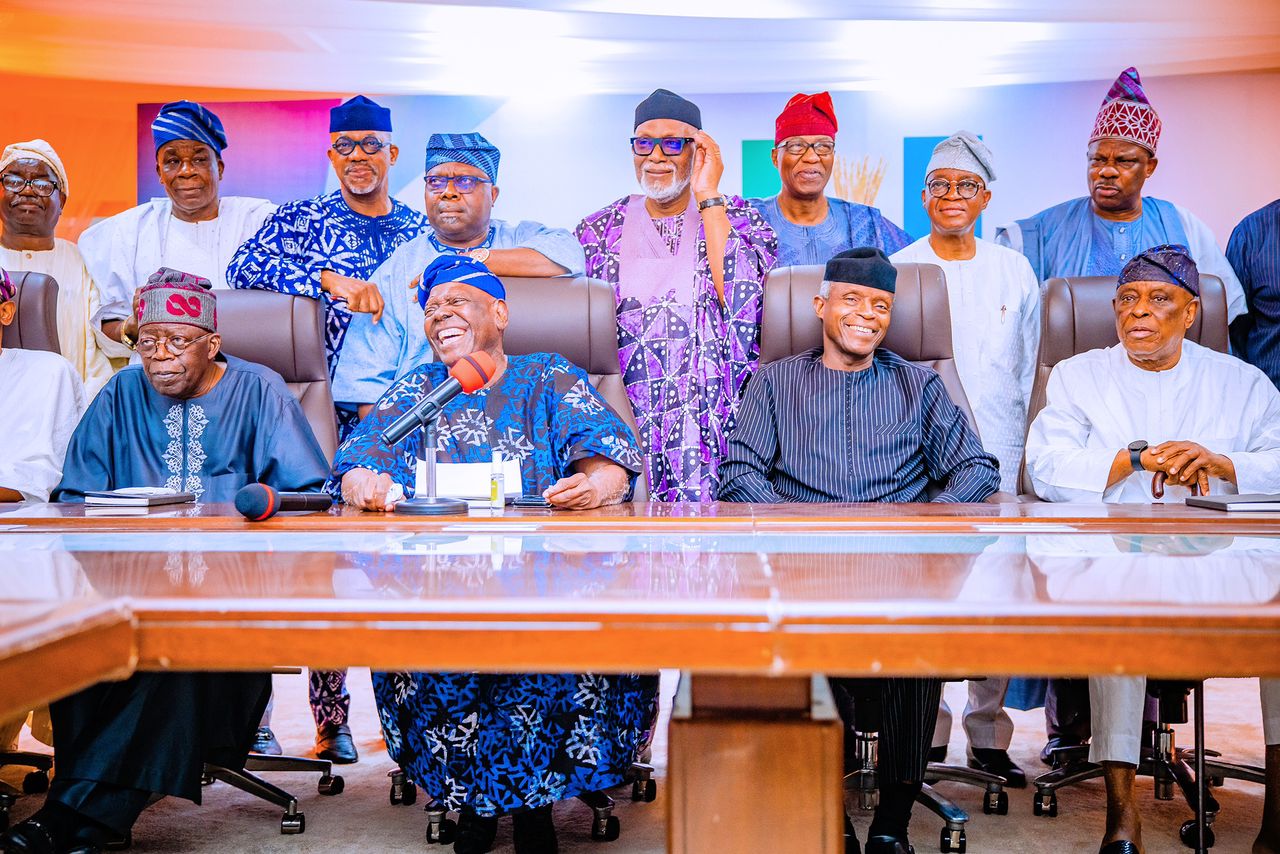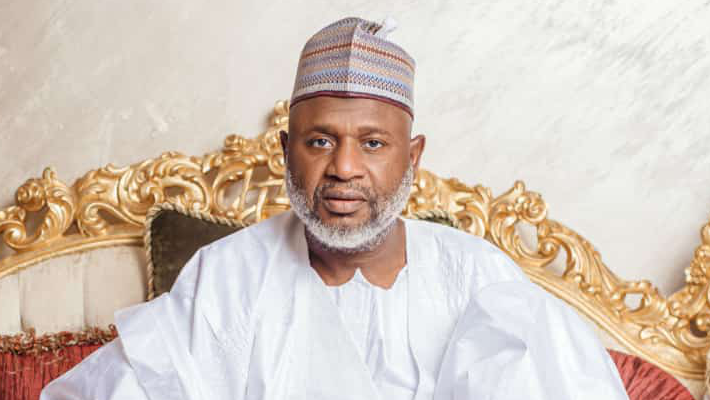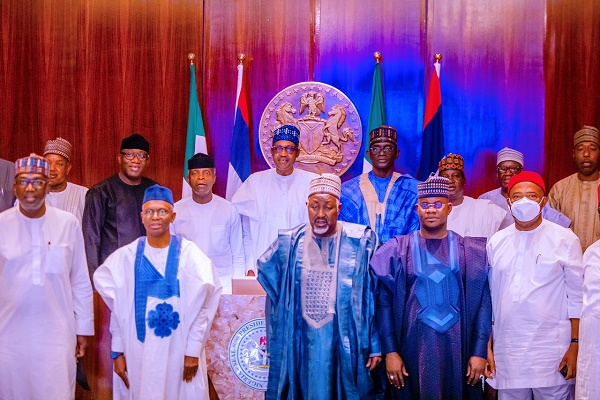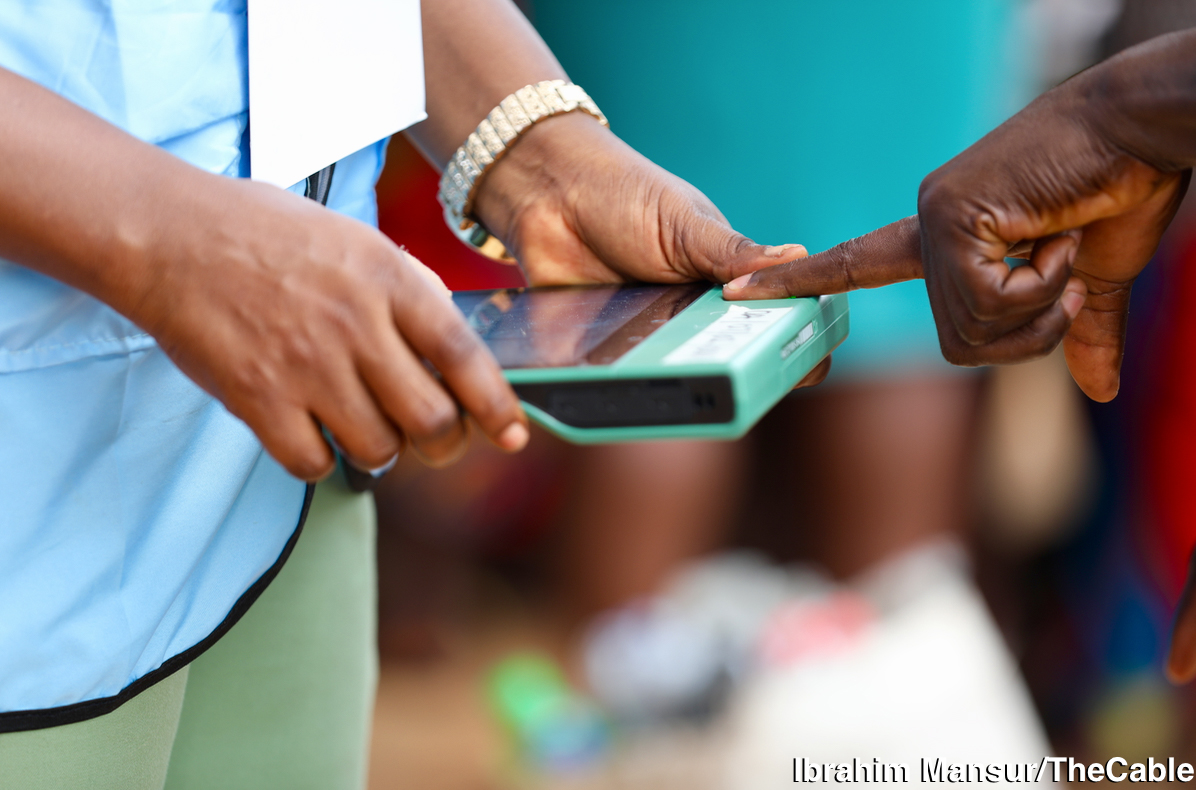BY OLASUPO ABIDEEN
There has been consistent concern in recent times about the steady rise in the cost of conducting elections in Nigeria, despite the steady decline in voter turnout, even as citizens continue to lose interest in not only the electoral process but in governance. Taxpayers’ funds are used to run elections, but citizens continue to show little or no interest in the process that will produce leaders who will make decisions that will govern them for at least four years.
The Independent National Electoral Commission (INEC) has proposed N305 billion for the conduct of the 2023 general election in its election project plan (EPP). This represents a 67 percent increase over the N189 billion spent on the 2019 elections. It is important to note, however, that the 2023 elections are expected to have more registered voters than the 84 million registered voters recorded in 2019, with over 56,000 new polling units. It is also worth noting that the 2019 general elections saw approximately 35% voter turnout, whereas the most recent governorship elections held in Anambra in 2021 saw an all-time low voter turnout of 10%.
The reasons for this are a lack of trust in the process and the fact that Nigerians do not always feel the effects of governance. Regardless, elections will continue to be held at a higher cost, with INEC making provisions for all eligible voters, including the more than 60% who may not show up. Political analysts may argue that the cost of conducting elections in Nigeria will continue to rise, but the reality is that voter turnout may continue to fall if practical steps to address voter apathy in Nigeria are not taken.
Advertisement
It is heartening, however, that recent technological innovations by election stakeholders, particularly INEC, are gradually demonstrating that citizens are likely willing to participate in the process only if it is seamless. In fact, the ongoing continuous voters registration (CVR) process, which began online, revealed that more young people were accessing the online portal to register. For example, as of May 16, 2022, over 16 million Nigerians had accessed the INEC portal for new registration, transfer of registration, request for new permanent voter’s card, voter information update, and other purposes. Over 9 million prospective voters have begun the process of joining the voter’s register online, but only slightly more than 5 million Nigerians have gone to complete the process at INEC registration centers (This includes the 1.4 million that were flagged as invalid). If the process was only done online, an enormous number of voters would have been added to the register, increasing citizens’ trust in the process.
Beyond the CVR, technological advancements such as the smart card reader, bimodal voter accreditation system (BVAS), and report viewing portal have demonstrated that the electoral process can be made more transparent and credible, thereby encouraging participation. Ordinary citizens can view results from the result viewing portal even before official election results are announced during the 2020 Edo and Ondo governorship elections. During the Ondo elections in 2022, a leading election observer group reported that more than 90% of election results were available on the portal by 4pm.
Thus, not only INEC, but also security agencies, can use technological devices to create early warning systems that will prevent electoral violence from escalating. To ensure transparency, critical election stakeholders are deploying technologies to track the election day process from arrival, set-up, and accreditation to the announcement of results. YvoteNaija, a civic hub for young people, is a good example people who are leveraging the power of technology to track election results and making it available in real-time. This further encourages citizens to actively engage in the electoral process and also monitor their polling units. With effective deployment of Information and Communication Technologies (ICT), ordinary citizens can observe the process and verify the accuracy of official election results.
Advertisement
Thus, the fact that, technologies can provide these alternatives which places power in the hands of citizens not just to actively participate and decide who leads them but also to provide information on the credibility of the process but also provide recommendations on how the process can get better. There is no gainsaying that the 2022 electoral act that empowers INEC to deploy technology for accreditation and transmission of election results was driven by young people who understand that civic-tech can go a long way in addressing voter apathy especially among the youths who are by far the largest demography.
In a nutshell, election management bodies and civil society organizations can use technology to make the registration process seamless, encouraging citizens to participate, and the election day process transparent and credible enough to ensure the sanctity of votes. Following that, CSOs such as BudgIT, Connected Development, Yiaga Africa, Tracka, and others have been consistently working on accountability, particularly in the area of budgeting, with innovative technologies that track budget implementation and, in recent times, have exposed public office holders who diverted public funds or inflated contracts.
Indeed, it is not yet Uhuru and of course, it is not as easy as its written above but the little progress made so far has revealed that civic-tech solutions can go a long away in addressing citizens apathy for elections and by extension, democratic governance. Technology may not be a silver bullet that solves all election and governance-related challenges, its better access to information usage and dissemination while putting the right information into the right hands at the right time for better decisions.
Abideen is a good governance, youth investment and public policy enthusiast. He serves as the Kwara state coordinator of the NotTooYoungToRun movement and executive director, Brain Builders Youth Development Initiative. He can be reached via [email protected] and tweets @opegoogle
Advertisement
Views expressed by contributors are strictly personal and not of TheCable.
Add a comment
